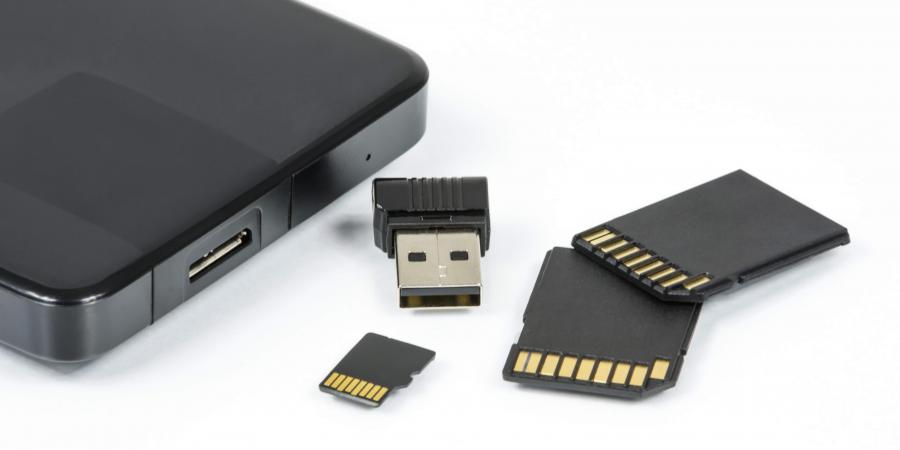[Crl Appeal No. 1794/2019, decided on 29.11.2019]
In the present case, the Supreme Court overruled the decision of the Kerala High Court. The High Court had held that the memory card is a material object and not a ‘document’. Thus, it will not be covered under the ambit of Section 207 of the Code of Criminal Procedure.
The Supreme Court held that the contents of a memory card in relation to a crime amount to a ‘document’ and not a ‘material object’. The ruling came as a result of a plea filed by a Kerala actor, Dileep. The plea sought handing over the copy of the visuals of the alleged sexual crime committed on an actress of Kerala in February 2017.
The main issue in the case was whether the accused was entitled to the copy of the contents of the memory card under Section 207 of CrPC. The division bench of the Supreme Court comprising of Justices A.M. Khanwilkar and Dinesh Maheswari observed: “The basis of classifying article as a “document” depends upon the information which is inscribed and not on where it is inscribed”. It further observed:
“If the prosecution was to rely only on recovery of memory card and not upon its contents, there would be no difficulty in acceding to the argument of the respondent/intervenor that the memory card/pen-drive is a material object”.
The court had found that the memory card itself was not being relied upon by the prosecution but the reliance was being placed upon its contents. The court held that the tape records of the speeches, compact discs containing visuals etc. were being held as “documents” by the precedents. It also made a reference to Section 3 of the Indian Evidence Act which includes electronic record in the definition of ‘documentary evidence’. Section 2(1)(t) of the Information Technology Act 2000 defined “electronic record” to mean ‘data, record or data generated, image or sound stored, received or sent in an electronic form or micro film or computer-generated micro fiche’. The Court further observed:
“We must hold that the video footage/clipping contained in such memory card/pen-drive being an electronic record as envisaged by Section 2(1)(t) of the 2000 Act, is a “document” and cannot be regarded as a material object”.
A reference was also made to the 42nd and 156th reports of the Law Commission of India. Those reports had recommended an amendment to the definition of document given under Section 29 of the Indian Penal Code 1860. Recommendation was being made to specifically include any “disc, tape, sound track or other device on or in which any matter is recorded or stored by mechanical, electronic or other means” in the section. Taking these things into consideration, the Court held: “Considering the aforementioned Reports, it can be concluded that the contents of the memory card would be a “matter” and the memory card itself would be a “substance” and hence, the contents of the memory card would be a “document””.
Only inspection by accused can be permitted by the court when concerns of privacy of victim/witness involved
The result of including the contents of the memory card within the expression ‘document’ is that for preparing the defence, the accused would be entitled to get a copy of them. The Court stated that a balanced approach is needed to be taken in cases such as sexual offences, where the privacy or the identity of complainant or the witnesses is a concerning issue. The Court concluded: “We hold that the contents of the memory card/pen drive being electronic record must be regarded as a document. If the prosecution is relying on the same, ordinarily, the accused must be given a cloned copy thereof to enable him/her to present an effective defence during the trial. However, in cases involving issues such as of privacy of the complainant/witness or his/her identity, the Court may be justified in providing only inspection thereof to the accused and his/her lawyer or expert for presenting effective defence during the trial. The court may issue suitable directions to balance the interests of both sides”.

